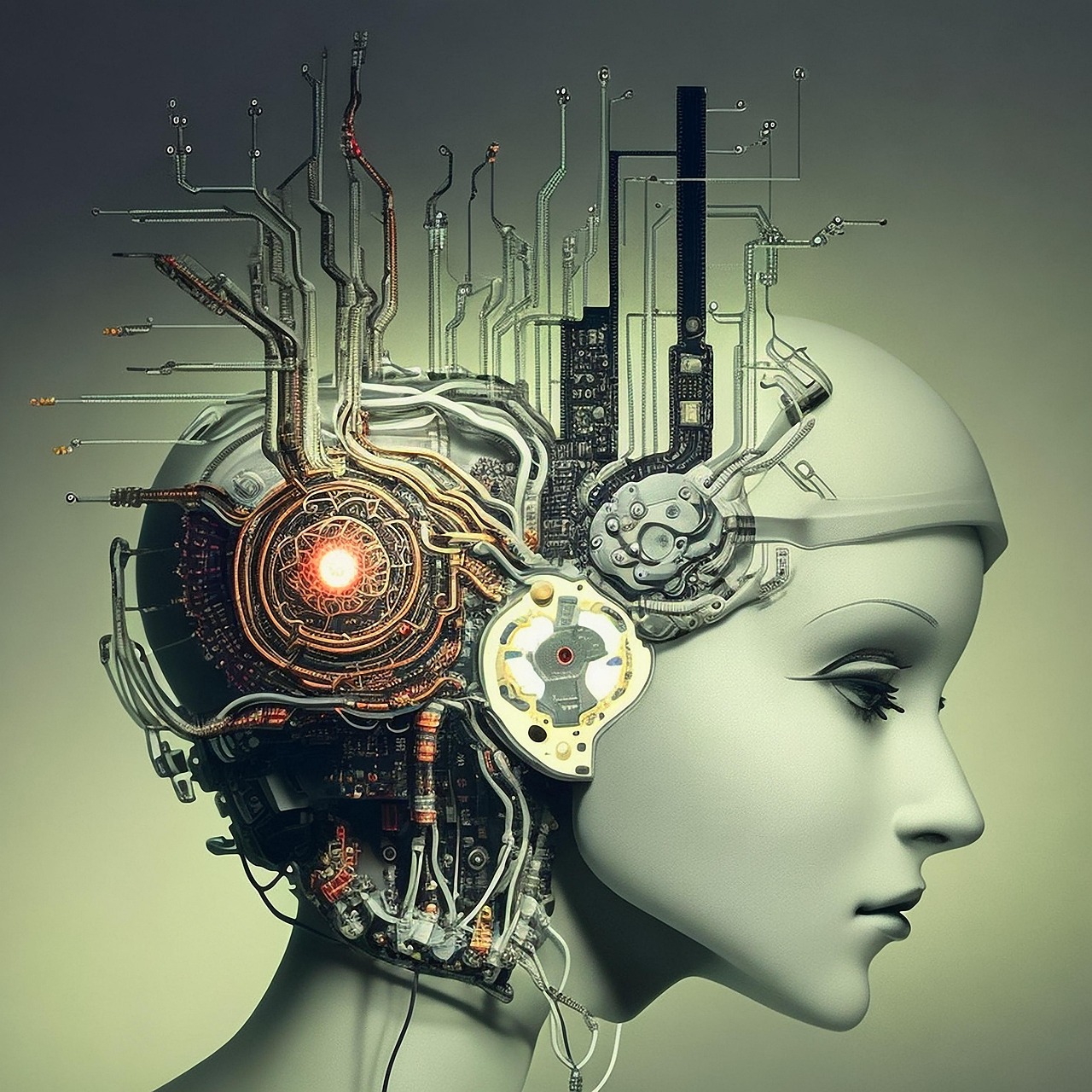None

Brief news summary
Yann LeCun, Meta's chief AI scientist, believes that large language models (LLMs) will never achieve human intelligence. He argues that these models lack an understanding of the physical world, do not possess persistent memory, and cannot reason or plan hierarchically. LeCun warns against relying on LLMs for human-level intelligence as they require specific training data and are inherently unsafe. Instead, he is working on new AI systems that aim to achieve human-level intelligence in about 10 years. While some companies are investing in enhanced LLMs to create artificial general intelligence (AGI), others question AI's ability to think like humans. Akli Adjaoute, an AI expert, emphasizes AI's role as a powerful tool based on pattern recognition algorithms rather than human-like understanding.According to the Financial Times, Yann LeCun, Meta's chief AI scientist, believes that large language models (LLMs) used in artificial intelligence (AI), such as ChatGPT, have certain limitations that prevent them from reaching human intelligence. LeCun argues that these models lack an understanding of the physical world, do not possess persistent memory, are unable to reason or plan hierarchically by any reasonable definition of the terms. LeCun warns against relying too heavily on LLMs for achieving human-level intelligence, as they require specific training data to respond accurately to prompts, which makes them inherently unsafe. Instead, LeCun is focused on developing a completely new set of AI systems that aim to equip machines with human-level intelligence, although he estimates it may take up to 10 years to achieve this goal. This approach is viewed as a potentially risky strategy, as many investors are seeking quick returns on their AI investments. Meta's value recently decreased by nearly $200 billion after CEO Mark Zuckerberg pledged to increase spending and position the company as the world's leading AI company. Meanwhile, other companies are moving forward with advanced LLMs in the hopes of creating artificial general intelligence (AGI), which surpasses human cognition. As an example, AI firm Scale secured $1 billion in a Series F funding round this week, with its valuation reaching close to $14 billion. Founder Alexandr Wang discussed the company's ambitions for AGI in the funding announcement. Shortly afterward, French startup "H" announced raising $220 million, with CEO Charles Kantor revealing their aim to achieve "full AGI. " Despite these efforts, some experts doubt AI's ability to "think" like humans.
Among them is Akli Adjaoute, an experienced AI professional and author of the book "Inside AI. " Adjaoute believes that AI should be seen as an effective tool rather than a technology capable of thinking and reasoning like humans. He emphasizes the importance of understanding AI's reliance on data and its limitations in replicating human intelligence. According to Adjaoute, AI recognizes patterns, similar to how humans seek patterns. For instance, when a person sees the number 8, they don't perceive it as two circles, but as one entity. AI operates on algorithms designed for specific tasks and does not possess the ability to understand in the same way humans do, Adjaoute explained.
Watch video about
None
Try our premium solution and start getting clients — at no cost to you















